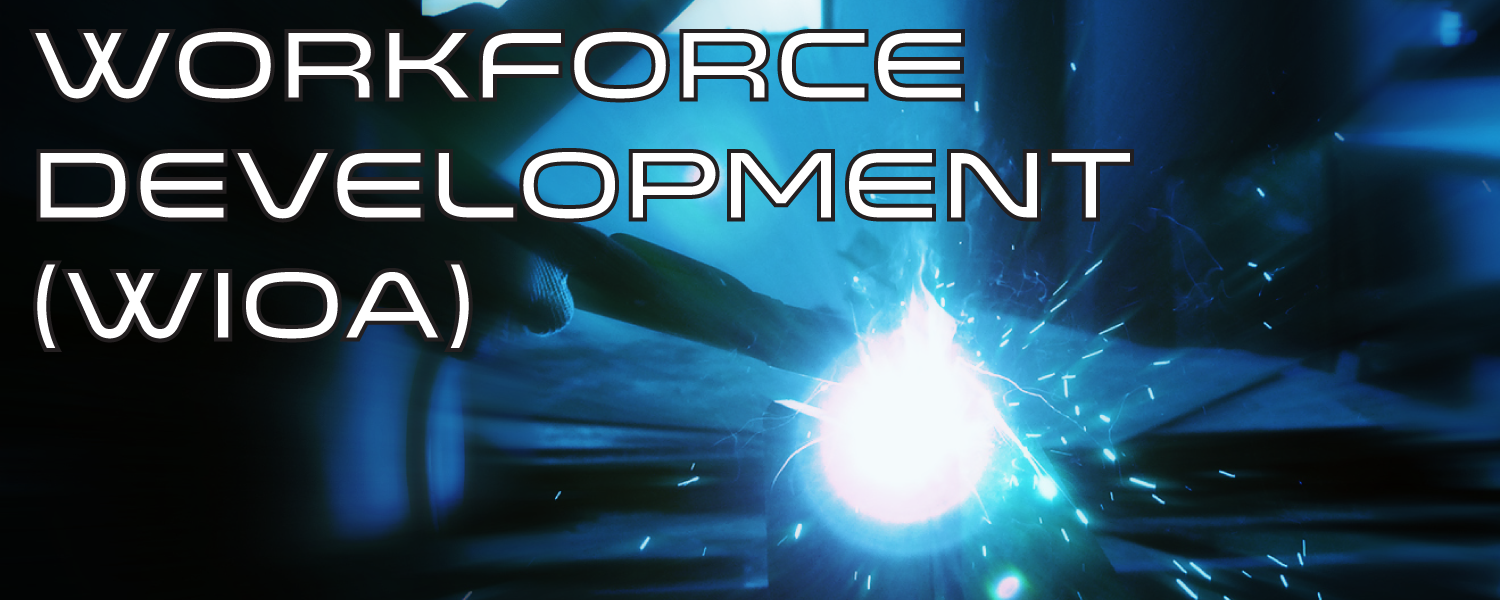C2C Youth Programs (Counseling to Career)
Each county within our 27-county region will house a C2C counselor. These counselors will be properly trained to help youth cope with existing problems and assist them in character development so they may begin the path to a better and brighter future.
Our goal with each youth is to provide one-on-one counseling to develop a “truly personalized” Individual Service Strategy (ISS) that helps the youth with short-term school/career goals as well long-term. Military exploration will be made available to each youth during the counseling process if the student has a desire/interest in that career field.
Each youth will be offered the 14 required WIOA program elements and up to three locally-required elements including Work Ethics and WorkKeys testing (discussed in section V. E. of the RFP) and will be provided with each element that applies to their newly developed ISS. Each youth will also be required to take the WorkKeys and obtain a Career Readiness Certificate (CRC). A third locally-required program element may be incorporated into the C2C youth program in the future at the discretion of The Mississippi Partnership Workforce Development Board. If an additional program element should develop, C2C youth providers will be required to incorporate it into their program if funds are available as determined by the fiscal agent.
After the ISS, assessment test, and appropriate WIOA paperwork have been completed, each youth will be required to take work ethics training. Minimum topics to be included in the work ethics training are:
- Appearance/Dress
- Attitude and Body Language
- Attendance and Punctuality
- Communication and Following Instructions
- Dependability/Responsibility
- Time Management
- Decision Making and Problem Solving
- Leadership and Motivation
- Financial Knowledge and Management
During the course of work ethics training, youth who are lacking in basic literacy skills can also be provided with tutoring to increase reading, math, and language scores. Youth who did not receive a high school diploma and have not yet received a GED will be referred to the appropriate ABE/GED location within their county to work toward furthering their educational goals.
Once work ethics training is complete, the youth will receive a certificate of completion, which must be approved by the fiscal agent staff.
The C2C counselor will also be responsible for finding the youth an appropriate worksite that helps achieve the goals set by the youth, which has been outlined in the youth’s ISS.
Each worksite will be carefully chosen and each worksite supervisor will also receive one-on-one training to help them understand the importance of the youth’s work experience. All employers will be offered a temporary worker complete with pay, workers’ compensation insurance, etc. The employer’s responsibilities are quite simple: ensure that the youth use the skills that were taught during work ethics training and continue to be a positive mentor for them along the way.
The C2C counselor will be responsible for ensuring each youth has completed the short-term steps outlined in their ISS, including:
- Obtaining a Career Readiness Certificate (CRC)
- Completing the work ethic training and receiving a certificate
- Completing a GED (if needed)
- Completing work experience
- Entering college, advanced training, military, or becoming employed
Now it is time for the youth to begin working towards their long-term goals, which should include furthering their education by enrolling into college, receiving technical training, or obtaining full-time employment. The counselor will assist the youth with preparing for their long-term goals prior to exit to ensure that the students continue on their pathway to success.
Each organization that receives a contract will also be responsible for 12 months of follow-up on each youth that exits the C2C program.
In an effort to streamline partner services and reduce duplication of services, youth programs should coordinate with ABE programs operated by local community colleges to the greatest extent possible to adequately serve you who are in need of a GED.
If you are interested in learning more about The Mississippi Partnership’s C2C Youth Program, please contact your local youth provider:
East Mississippi Community College
Counties Served: Clay, Lowndes, & Noxubee
662-243-1930
Golden Triangle Planning & Development District
Counties Served: Choctaw, Oktibbeha, Webster, & Winston
662-328-7860, Ext. 1128
Itawamba Community College
Counties Served: Chickasaw, Itawamba, Lee, Monroe, & Pontotoc
662-620-5206
North Central Planning & Development District
Counties Served: Attala, Grenada, Montgomery, & Yalobusha
662-283-2675
Northeast Mississippi Community College
Counties Served: Alcorn, Prentiss, Tippah, Tishomingo, & Union
662-720-7769
Northwest Mississippi Community College
Counties Served: Benton, Calhoun, DeSoto, Lafayette, Marshall, & Tate
662-562-3351





